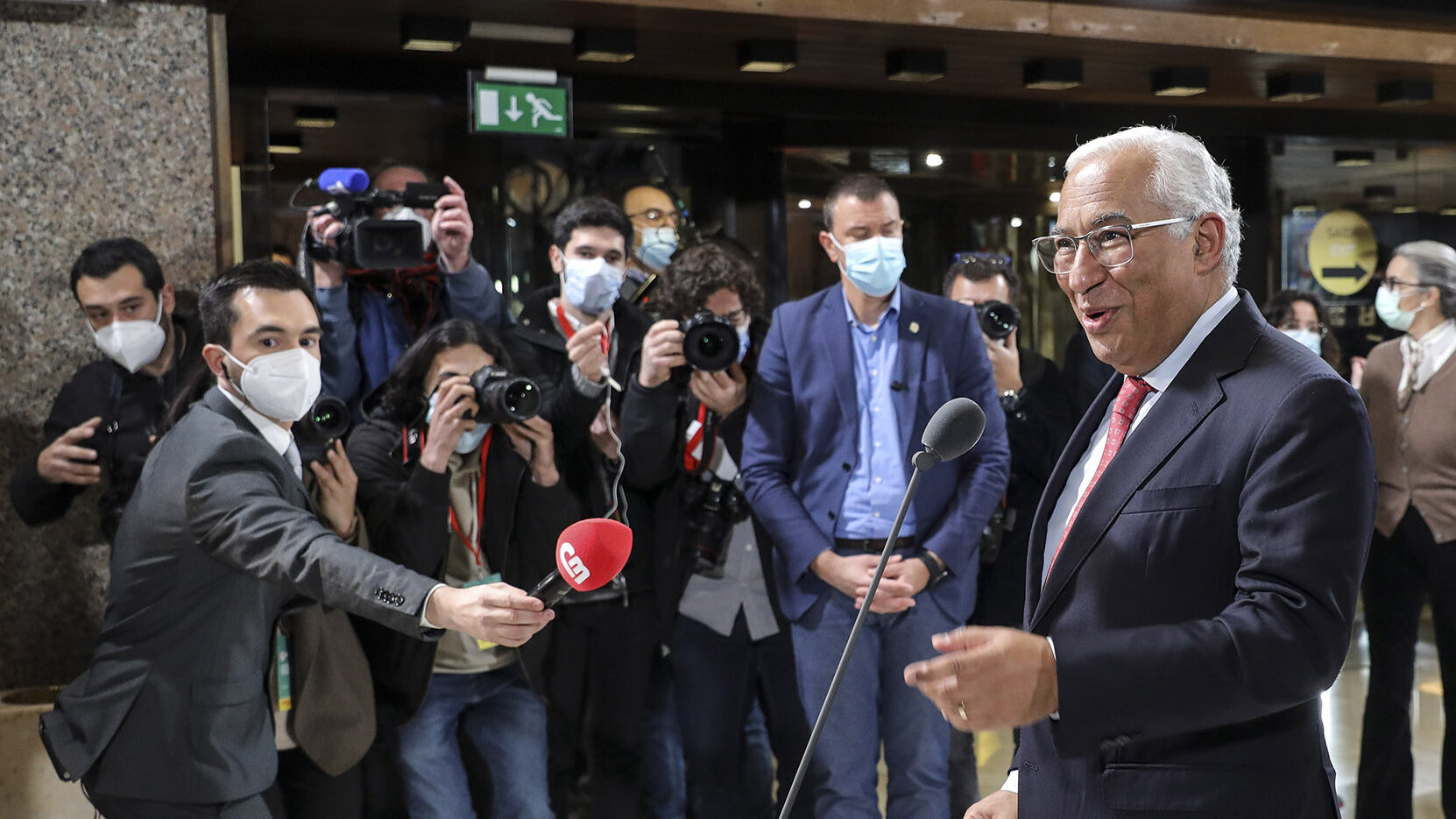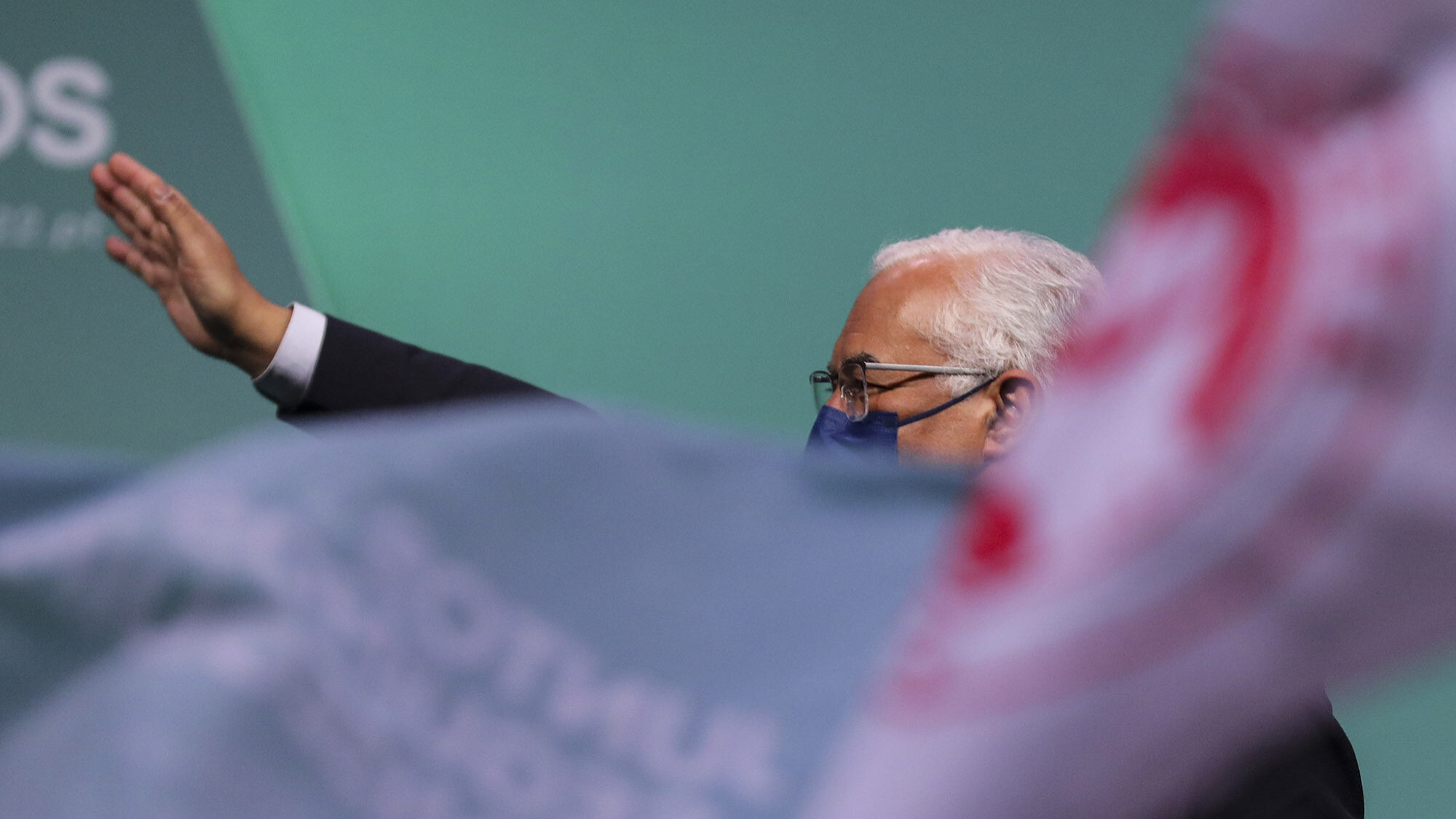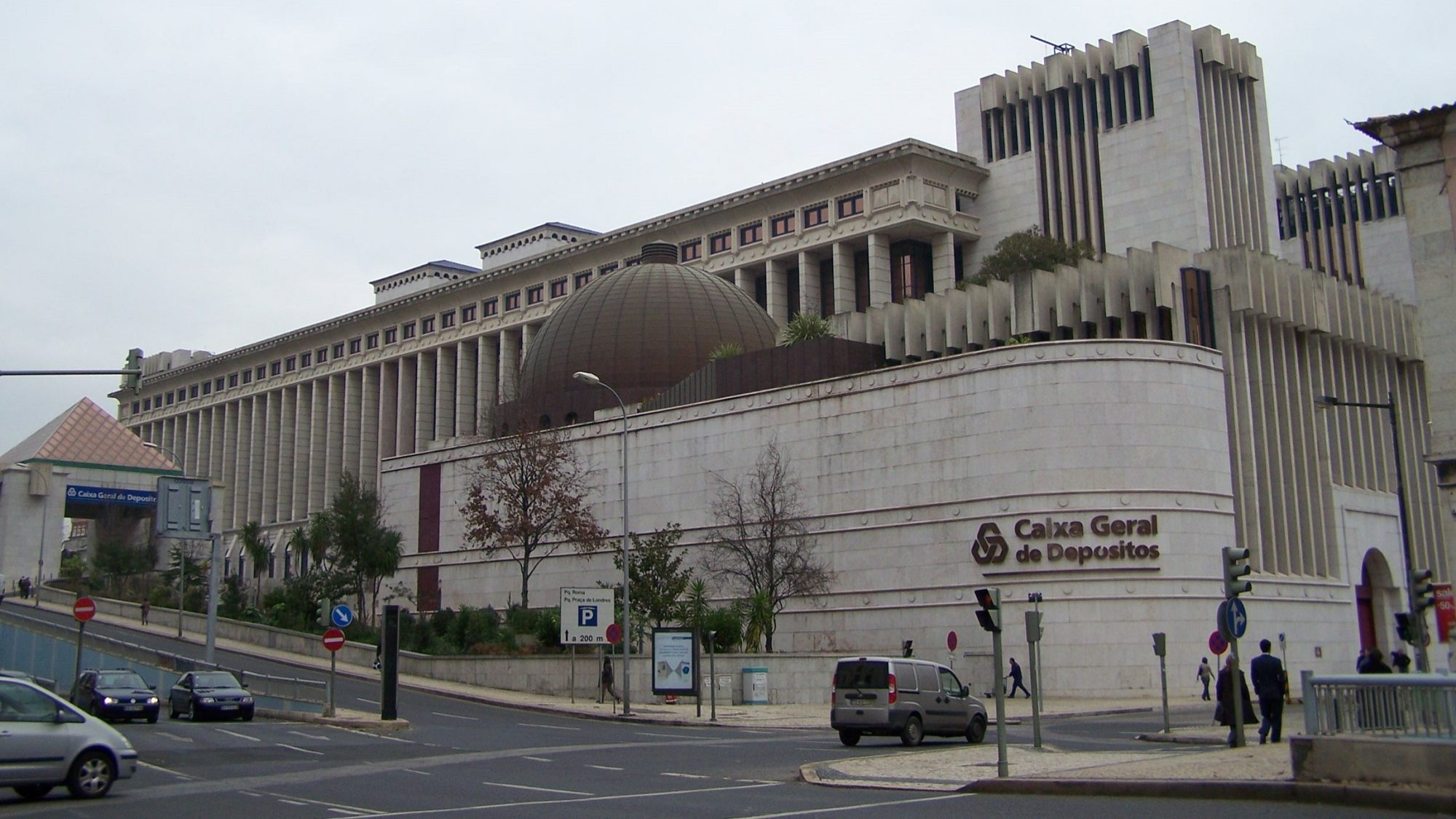These are António Costa’s 17 ministers for the new Government
António Costa handed Marcelo Rebelo de Sousa the list of ministers and the Presidency of the Republic released it to the public.
After a long period of waiting since the elections won by António Costa, the Prime Minister on Wednesday handed the names of the 17 ministers he wants to have in his next government to the President of the Republic. Marcelo Rebelo de Sousa accepted the nominations and published the list on the Presidency website. The inauguration is expected to take place on March 30, after the first session of the new Assembly of the Republic, if the results of the Europe circle are not contested.
“The President of the Republic has given his assent to the proposal, which will be complemented in due course with the Secretaries of State,” reads the note from the Presidency of the Republic. Marcelo also explains that “the appointment and inauguration of the XXIII Constitutional Government is scheduled for next week, on a date to be confirmed.”
In all, there will be 56 members of the new Government, including 17 ministers and 39 secretaries of State. This new composition by Costa, who said he wanted a “shorter and leaner” Executive, as if it were a “recovery task force”, represents a decrease of 20% compared to the 70 members of the current Government and is also lower than the 59 members of Costa’s first Government. However, it is still higher than the number of members of the two governments of Pedro Passos Coelho.
It is confirmed that Costa drops the Minister of State designation, which was attributed in the current Government to the Minister of Economy, Foreign Affairs, Finance and Presidency. Vieira da Silva becomes number two, followed by Gomes Cravinho and then Helena Carreira, in the Government’s official organisation chart. In this Executive, Costa achieves gender parity by having 9 female and 9 male ministers (including the Prime Minister). Here is the list of the ministers:
- Minister of the Presidency: Mariana Vieira da Silva
- Minister of Foreign Affairs: João Gomes Cravinho
- Minister of National Defence: Helena Carreira
- Minister of Internal Administration: José Luís Carneiro
- Minister of Justice: Catarina Sarmento e Castro
- Minister of Finance: Fernando Medina
- Minister of State and Parliamentary Affairs: Ana Catarina Mendes
- Minister of Economy and Sea: António Costa e Silva
- Minister of Culture: Pedro Adão e Silva
- Minister of Science, Technology and Higher Education: Elvira Fortunato
- Minister of Education: João Costa
- Minister of Labour, Solidarity and Social Security: Ana Mendes Godinho
- Minister of Health: Marta Temido
- Minister of the Environment and Climate Action: Duarte Cordeiro
- Minister of Infrastructure and Housing: Pedro Nuno Santos
- Minister of Territorial Cohesion: Ana Abrunhosa
- Minister of Agriculture and Food: Maria do Céu Antunes
These are António Costa’s 17 new ministers, who now have to choose 38 secretaries of state. The Prime Minister will be left to choose his two Secretaries of State: that of Digitalisation and Administrative Modernisation (which brings together two portfolios that were in the now-defunct Ministry of State Modernisation and the former Ministry of the Economy and Digital Transition) and that of European Affairs, which is no longer under the Ministry of Foreign Affairs.
10 ministers from the current Government are leaving: Manuel Heitor (Higher Education), Alexandra Leitão (State Modernisation), João Leão (Finance), Ricardo Serrão Santos (Sea), João Pedro Matos Fernandes (Environment), Francisca Van Dunem (Administration and Justice) – who had already announced this intention -, Pedro Siza Vieira (Economy), Tiago Brandão Rodrigues (Education), Graça Fonseca (Culture) and Augusto Santos Silva (Foreign Affairs). The latter is expected to be nominated by the Socialist Party (PS) for President of the Assembly of the Republic.


